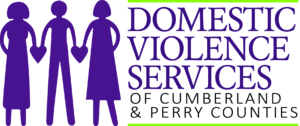January is National Stalking Awareness Month, a time to focus on a crime that affected 7.5 million victims in one year. The U.S. Department of Justice defines stalking as a pattern of repeated, unwanted contact, harassment, or attention directed at a specific person that would cause them to feel fear. Although it’s seen as a crime in all 50 states, the U.S. Territories and the District of Columbia, stalking continues to be difficult to recognize, investigate, and prosecute since it’s typically not a single, easily identifiable crime but a series of acts or course of conduct.
According to the National Network to End Domestic Violence (NNEDV), stalkers often use weapons to harm or threaten victims and is a component in 75% of domestic homicides. Victims suffer anxiety, social dysfunction, and severe depression at much higher rates than the general population, and many lose time from work or have to move as a result of their victimization. Stalking may take many forms, such as assaults, threats, vandalism, burglary, or animal abuse, as well as unwanted cards, calls, gifts, or visits. One in four victims reports that the stalker uses technology, such as computers, global positioning system devices, or hidden cameras, to track the victim’s daily activities. Stalkers fit no standard psychological profile, and many stalkers follow their victims from one jurisdiction to another, making it difficult for authorities to investigate and prosecute their crimes. Communities that understand stalking, however, can support victims and combat the crime. “If more people learn to recognize stalking,” said Barbara Kohutiak, DVSCP Executive Director, “we have a better chance to protect victims and prevent tragedies.”
DVSCP offers services to assist anyone who feels they are being stalked, as well as services to raise awareness throughout the year of this growing issue. For more information, please contact DVSCP at 1-800-852-2102 or on the web at www.dvscp.org.
